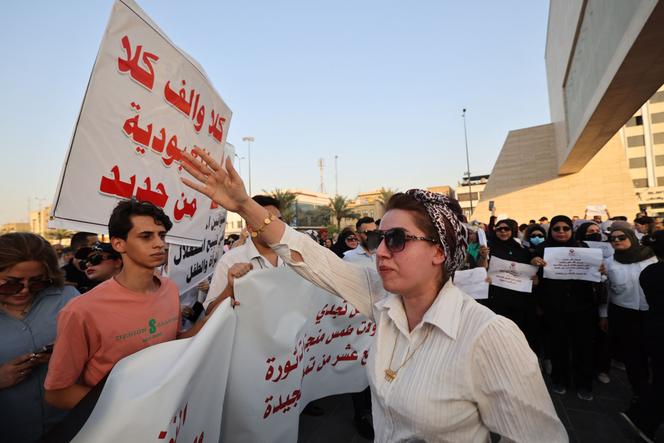


Iraq's family affairs law, one of the most progressive in the Middle East, is under threat from a draft amendment introduced in parliament, which could significantly roll back women's rights and lead to a resurgence in underage marriages. The bill, proposed by the Coordination Framework, a coalition of conservative Shiite Islamist parties, to amend the 1959 Personal Status Law, could pave the way for religious management of family matters. Iraqis would then be able to choose between religious authorities and the state to legislate on issues such as inheritance, divorce, child custody and marriage.
The 1959 Personal Status Law, adopted shortly after the fall of the Iraqi monarchy, represented a revolution in the protection of women's rights. Considered one of the most progressive in the Middle East, it transferred jurisdiction over family matters from the religious authorities to the state and its judicial system. The law sets the legal age of marriage at 18 and restricts the practice of polygamy.
Under the proposed amendment, "adult Muslims" wishing to marry could choose to go by Shiite or Sunni Sharia rules for family law. This could have far-reaching consequences in terms of inheritance and child custody in the event of divorce. Opponents of the proposed amendment fear that it would abolish the minimum age of marriage for Muslim women, a claim denied by its supporters.
In Iraq, child marriages have been steadily increasing over the past 20 years or so. According to UNICEF, 28% of Iraqi women are already married by the age of 18 and 22% of unregistered marriages involve girls under the age of 14. Religious leaders perform thousands of unregistered marriages every year, including child marriages, in violation of existing law, according to the NGO Human Rights Watch. Many claim that Islam has historically authorized the marriage of pubescent girls from the age of 9, since the prophet Muhammad is said to have married Aisha at this age.
Following the first reading of the draft amendment on Sunday, August 4, there were strong reactions across the country. Numerous human rights groups have protested against the proposed changes and plan to keep up the pressure on the bill's main proponents.
However, the draft amendment, withdrawn by parliament at the end of July in the face of opposition from many MPs, has resurfaced. On several occasions, members of the Organization of Women's Freedom in Iraq (OWFI) and other activists gathered in Baghdad's Tahrir Square, brandishing placards reading "No to underage marriage" and "The era of female slavery is over."
You have 51.76% of this article left to read. The rest is for subscribers only.
